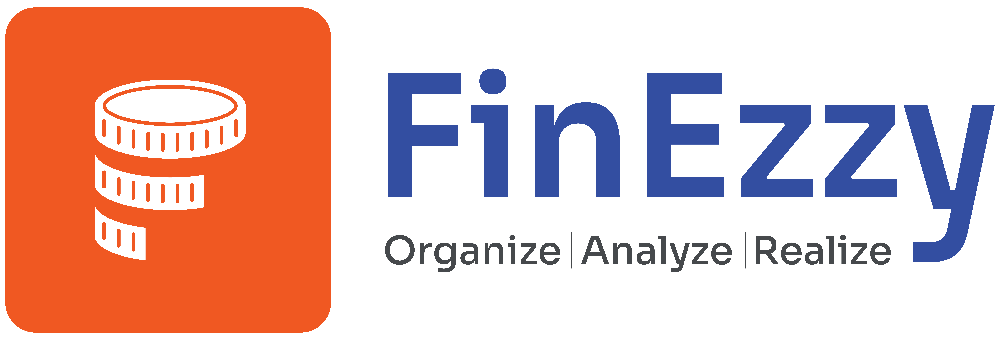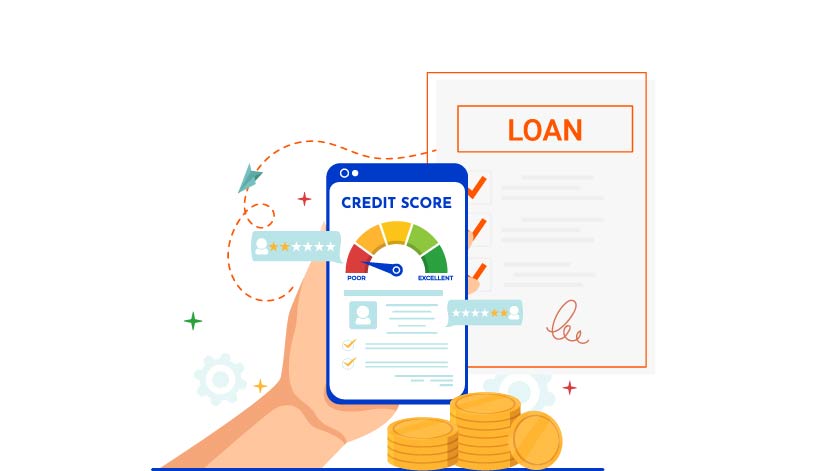In today’s financial world, your credit score is more than just a number – it’s a key that can unlock doors to various financial opportunities or, conversely, a barrier that can keep them closed. Understanding the concept of a bad credit score is crucial, not only for those seeking loans or credit but for anyone who wants to manage their finances effectively. This guide aims to clarify the term “bad credit score,” highlighting its implications and how it impacts one’s ability to secure financing. By comprehending these aspects, individuals can make informed decisions and improve their financial standing.
Let’s begin by addressing a central aspect of credit health: What is a bad credit score?
What is a Bad Credit Score?
A bad credit score, in the world of financial health, is equal to a low rating in a report card. It’s a numerical expression based on the analysis of an individual’s credit history and his/her ability to repay a credit, representing the creditworthiness of an individual. Credit scores typically range from 300 to 850, with a score below 580 generally considered as ‘poor’ or ‘bad’ by most lending standards.
Implications of a Bad Credit Score
- Higher Interest Rates: Lenders view borrowers with bad credit scores as high-risk, often leading to higher interest rates on loans and credit cards. This means more money out of your pocket over the life of any loan.
- Loan Approval Challenges: A low credit score can be a barrier to loan approvals. Lenders might be hesitant to offer money, and if they do, it comes with stringent terms.
- Impact on Employment and Housing: Some employers and landlords may view a bad credit score negatively, associating it with irresponsibility.
- Difficulty in Emergency Situations: In times of financial emergency, getting quick loans can be more challenging with a bad credit score.
- Loan Amounts and Terms: Lenders may offer smaller loan amounts and shorter repayment terms for bad credit loans, to minimize the risk involved.
Understanding these key aspects of bad credit loans is crucial for anyone considering this option. They provide a necessary service for those with poor credit but come with conditions that reflect the higher risk involved for the lender. In the following sections, we’ll explore the various types of bad credit loans, including secured and unsecured options.
Types of Secured Loans available for individuals with Bad Credit Score
Secured loans provide a vital borrowing option for individuals with poor credit scores, distinguished by the requirement of collateral. These loans can be a practical choice for those who might struggle to qualify for unsecured loans due to their credit history. Here, we explore distinct types of secured loans and discuss their advantages and potential risks, including a unique option – Loan Against Investments.
- Home Loans: A home equity loan or a home loan is a type of secured loan where the borrower uses the equity of their home as collateral to borrow money. These loans typically offer lower rates due to the security provided by home equity. The loan amount can be substantial, often based on a percentage of the home’s equity. You also get tax benefits as the interest paid on these loans might be tax-deductible (subject to tax laws and individual circumstances).
- Auto Loans: An auto loan is a short-term loan where borrowers use their vehicle’s title as collateral. These loans have a quick approval process, making them suitable for urgent financial needs. Many lenders do not require a credit check, making them accessible to those with poor credit scores.
- Loan Against Securities: This is a loan where the borrower can use their investment portfolio, such as Loan Against Mutual Funds or equity shares, as collateral. It allows borrowers to access funds without selling their investments.
Advantages:
No Credit Score Requirement: Often does not require a high credit score for eligibility.
Liquidity Without Selling Assets: Provides access to cash without the need to liquidate investments.
Flexible Repayment Terms: Typically offers more flexible repayment options compared to other forms of secured loans.
This is where FinEzzy comes in as a loan against mutual fund provider. FinEzzy offers lower interest rates starting at just 7.46% p.a., maximized loan-to-value of up to 95%, flexible repayment options, and no requirements for traditional credit scores make it a standout choice. Additionally, the 100% digital process ensures safety and ease of use, appealing to the tech-savvy generation.
Types of Unsecured Loans Accessible with a Bad Credit Score
For individuals with a poor credit score, finding a loan that does not require collateral can be a daunting challenge. Unsecured loans with a poor credit score do exist but the terms and availability of these loans can vary significantly based on the borrower’s creditworthiness. Here, we explore some common types of unsecured loans that are often accessible to those with bad credit scores.
- Payday Loans: Payday loans are short-term, high-cost loans designed for immediate cash needs, like covering an urgent bill. They are known for their very high-interest rates and fees, and the repayment is typically due on your next payday. Payday loans can lead to a cycle of debt due to their high interest rates and short repayment terms.
- Peer-to-Peer (P2P) Loans: P2P loans are facilitated through online platforms where borrowers are connected to individual investors. The interest rates and terms can be more favorable than payday loans, but they still depend on your credit score and employment history. It’s important to research and compare terms on different P2P platforms.
- Personal Loans: Personal loans are typically general-purpose loans that can be used for any personal requirement. They might have higher interest rates for poor credit score holders and usually offer smaller loan amounts.
No matter what type of unsecured loan you are considering, understanding the terms and conditions is critical. This includes being aware of interest rates, repayment schedules, and any fees associated with the loan. It’s also essential to realistically assess your ability to repay the loan, as failure to do so can further damage your credit score and lead to a debt trap.
How to Choose the Right Loan
When faced with the need to borrow, it’s crucial for individuals with bad credit scores to carefully weigh the pros and cons of both secured and unsecured loan options. The choice between these two types of loans should be based on a thorough assessment of one’s financial situation, future ability to repay, and the willingness to risk collateral in the case of secured loans. Here are some factors to consider:
- Assessing Your Financial Stability: Evaluate your current income and expenses to determine your ability to meet monthly loan payments. This is crucial to avoid further financial strain or the risk of losing collateral.
- Long-term Impact on Credit Score: Remember that your handling of these loans will impact your credit score. Timely repayments can help improve your score, while defaults can cause further damage.
- The Value and Nature of Collateral: In the case of secured loans, consider the value of the collateral you are willing to put up. Losing a car might be less devastating than losing your home, so choose wisely based on the risk you can manage.
- Interest Rates and Total Cost of the Loan: Compare interest rates and calculate the total cost of the loan, including any fees or additional charges. Lower interest rates might save you money over time, even if it means putting up collateral.
- Loan Terms and Flexibility: Look at the repayment terms. Some loans might offer more flexibility in terms of repayment schedules, which can be beneficial if your financial situation is variable.
In conclusion, making a well-informed decision when considering loans with a bad credit score involves not just a careful evaluation of your current financial stability but also a forward-looking approach to how such decisions will impact your financial future. This thoughtful approach to borrowing can help mitigate financial risks and set a course towards improved financial health and resilience.





